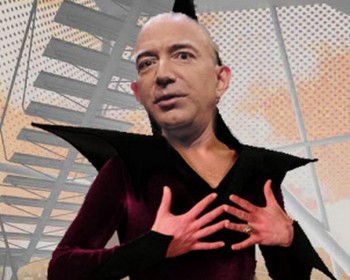The Fairly Complete History Of Amazon

Amazon’s entry into publishing has created an awkward divide, giving some book people a second or a third chance in an imperilled industry while tainting them in the eyes of others. The literary agent, contemplating the future of the editors currently at Amazon, said, “You’d have to consider the time you spent with Vichy when you’re looking for work after the occupation.” Benjamin Anastas, a novelist who couldn’t find an American publisher for his third book, told a friend that he was going to publish his fourth, a memoir called “Too Good to Be True,” with Amazon. The friend, a novelist who had once worked at Harcourt — the house that distributed Amazon’s hardcover editions — looked stricken. “You do that,” she said, and walked away. Anastas found the reaction hypocritical. “If you’re publishing with Penguin Random House, what’s the difference?” he said. “They’re both these massive entities that have totally changed book publishing. There is nothing more demoralizing for a writer than to go into one of these huge towers to talk about your book amid all this product. You feel like a sperm-oil salesman at the Petroleum Club.” Still, finding no copies of his new book in most stores was akin to watching himself disappear, and Anastas said that he would think twice before publishing with Amazon again.
— Well here is a fairly complete history of Amazon from the beginning to now, describing the innovative ways it has pursued “small publishers the way a cheetah would pursue a sickly gazelle.”
